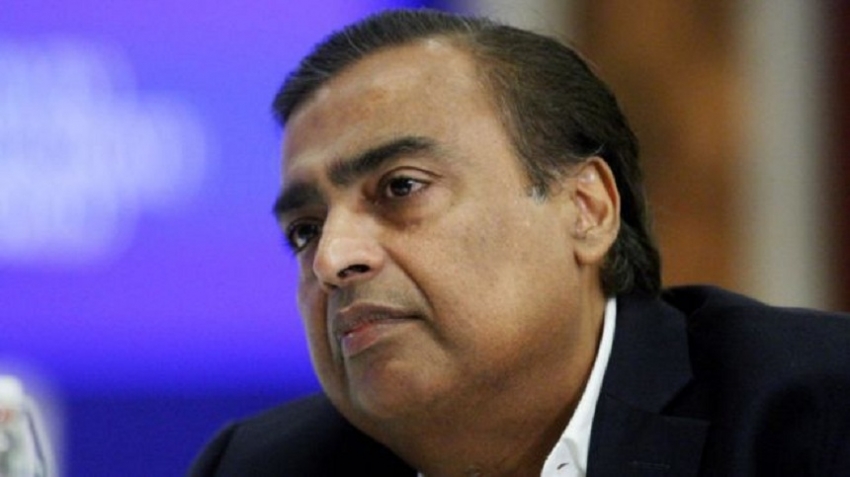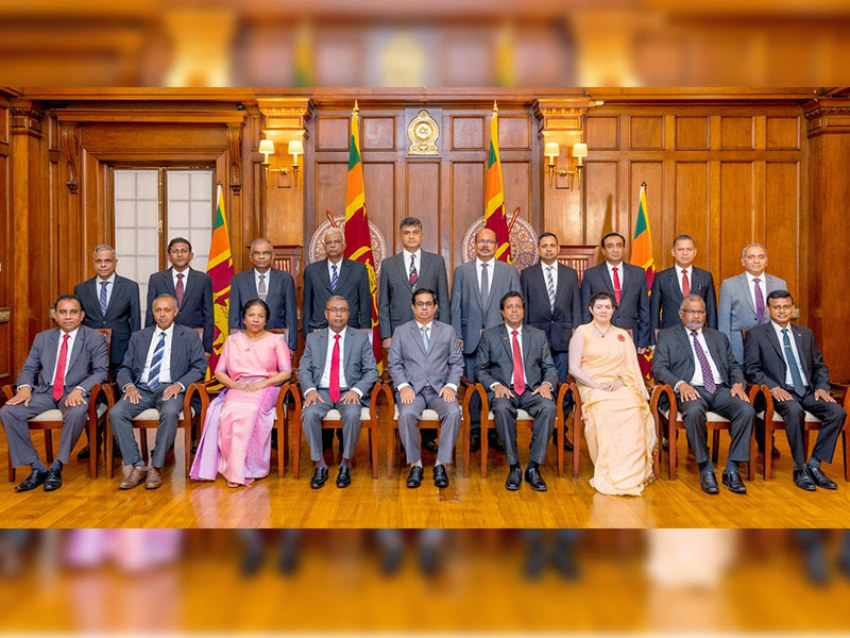Asia's richest man has scored two major wins in his ambition to dominate the Indian telecoms market.The main competitors to Mukesh Ambani's Reliance Jio have been told they must pay the bulk of almost $13bn (£10bn) to the government in historical fees.The country's top court rejected calls from older firms, including Vodafone Idea, to review the case.Meanwhile, Reliance Jio has overtaken Vodafone Idea to become India's biggest mobile services operator.The court ruling adds yet more financial pressure on India's telecoms sector, which has already been hit hard by a bitter price war.
After three years of price cutting, led by Mr Ambani, his company now has only two major competitors - Bharti Airtel and Vodafone Idea.Vodafone Idea has been told it must pay about $3.9bn, while the ruling means Bharti Airtel is liable for $3bn. The charges relate to licence and spectrum fees that have accumulated over many years.Reliance Jio, which is less than four years old, owes just $2m.Vodafone has previously said the situation was "critical", while Bharti Airtel said an earlier court order cast doubt on "its ability to continue as a going concern".Telecoms analyst Minakshi Ghosh believes the Supreme Court ruling threatens the future of Vodafone Idea, a joint venture of Britain's Vodafone and local operator Idea Cellular.
She told the BBC: "Airtel, I think, would be under pressure, but would be able to manage. The cause of concern will be Vodafone (Idea)."Probably Vodafone will be the most affected and we will end up with a duopoly of Airtel and Jio, which is not very good for the industry."At the same time, new figures from the Telecom Regulatory Authority of India showed Reliance Jio added more than 5.6m mobile subscribers in November.That means it now has a total of almost 370m users, or more than 32% of the market.The subsidiary of Reliance Industries launched in September 2016 offering cut-price phones and data plans.Its entry into India's telecom sector triggered a major shake-up in the sector which saw most of its competitors shut down or merge.
A conglomerate run by Asia's richest man has started a service that aims to compete with Amazon in India.Mukesh Ambani's Reliance Industries said it had been inviting people to sign up to its grocery delivery service.
The company is aiming to use its massive mobile phone customer base as a springboard for the business.The new e-commerce venture could become a major challenger to India's existing online retail giants.Two subsidiaries of Mr Ambani's business empire, Reliance Retail and Reliance Jio, said they had soft-launched the venture, called JioMart.
JioMart says it offers "free and express delivery" for a list of grocery goods, which currently numbers some 50,000 items.Unlike its rivals, JioMart will connect local stores to customers via an app rather than providing and delivering the goods itself.India's online grocery market is in its infancy - currently estimated to be worth around $870m a year, with just 0.15% of the population using such services.
However, analysts predict the sector could see annual sales of around $14.5bn by 2023.
Grocery delivery has long been tipped as the next frontier in the battle for business in India.A staggering number of internet and smartphone users - plus an unorganised grocery delivery sector - make it a promising market for app-based services.
Some of the world's largest and best-known technology companies, including Walmart and Amazon, are hoping to cash in too.This should be a cakewalk for Reliance - it already has hundreds of millions of subscribers to its telecoms network, and operates its own grocery stores as well as retail stores for international brands.
Plus it has the advantage of being an Indian company. Amazon and Walmart have been held back from expanding in this space by government laws aimed at protecting domestic business.There are Indian competitors operating in the market already - Big Basket and Grofers are the most well-known.But they've had to put the brakes on expanding or tweak their business models to meet the challenges of operating in India, such as poor infrastructure, unreliable mobile networks and strict labour laws.
Reliance has a reputation for disrupting markets it starts businesses in, be it power, oil, retail or telecoms. Its foray into e-commerce is unlikely to be any different.India's e-commerce market is currently dominated by Amazon and Flipkart, which is owned by Walmart.Both companies suffered a setback last year when the Indian government introduced new laws that restrict foreign-owned online retailers from selling goods from their own subsidiaries.This helped give Indian companies, which are not affected by the new rules, an edge over their foreign rivals.
Mr Ambani, who is the chairman of Reliance Industries, has an estimated fortune of more than $60bn (£45bn).The group's core business is oil refining but it also has major investments in other sectors including retail and telecoms.Reliance Retail owns grocery stores in India, runs outlets for global brands, including Hugo Boss and Burberry, and in 2019 bought the British toy shop Hamleys.Reliance Jio is India's second-largest telecom operator, with more than 360 million subscribers.




















